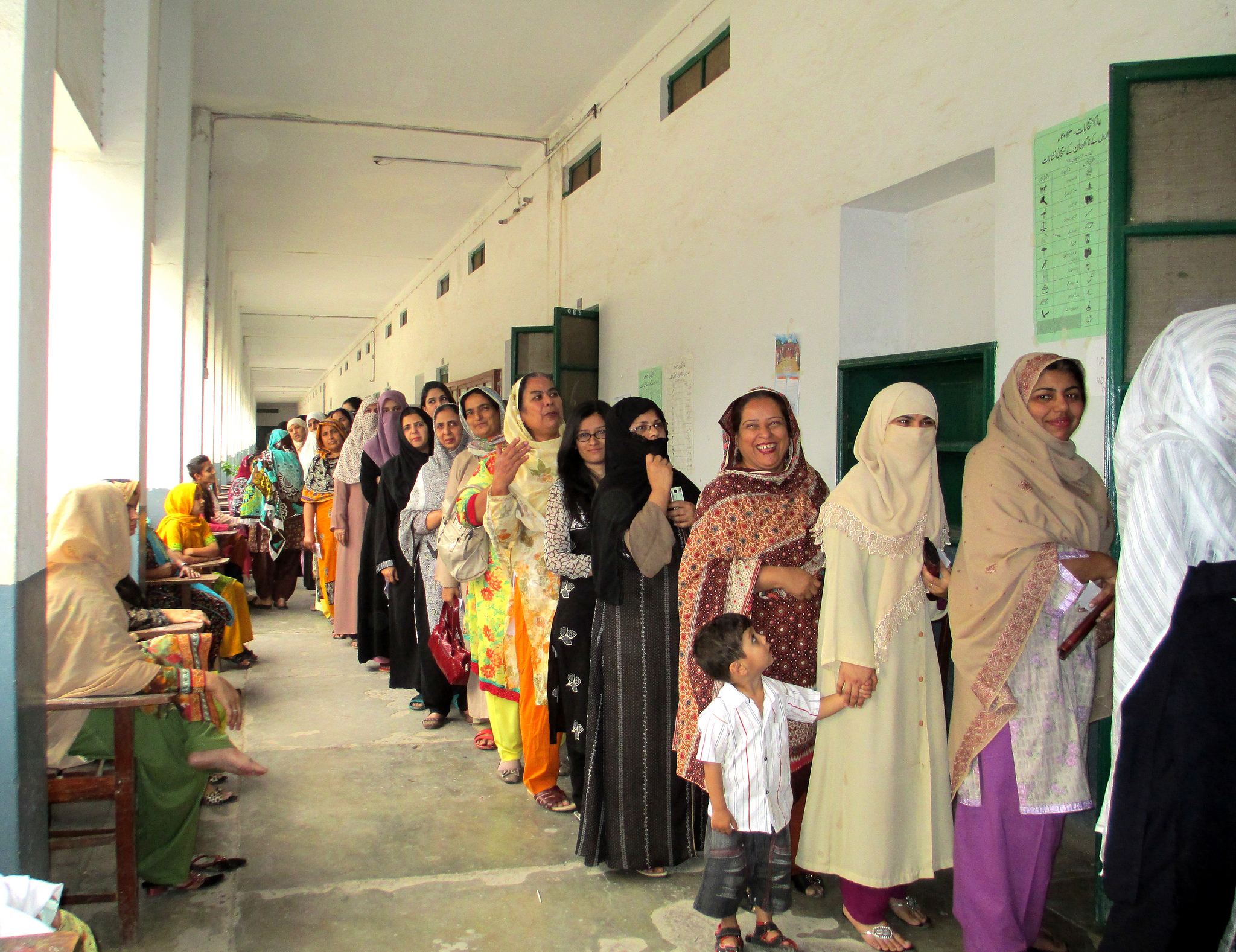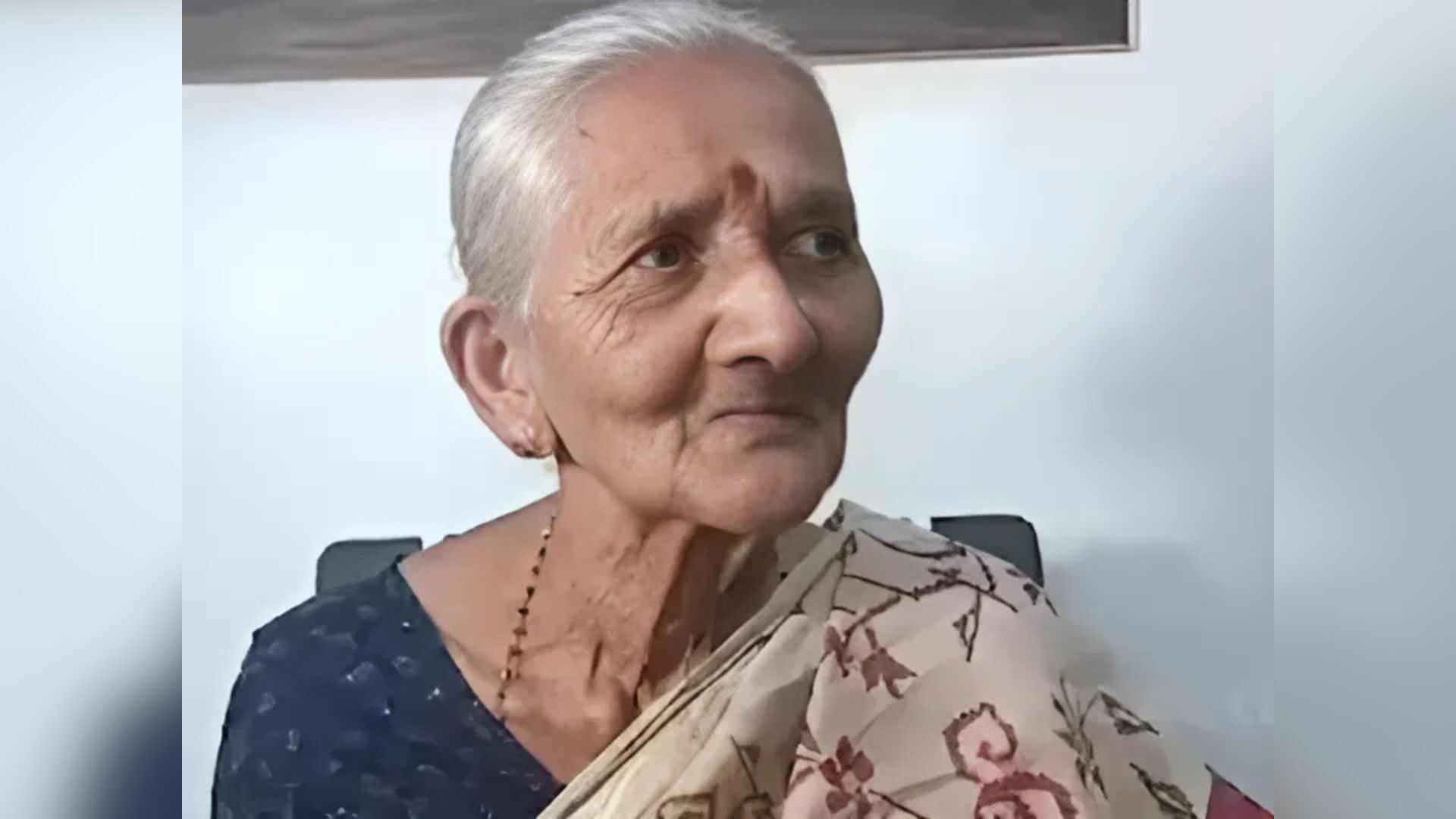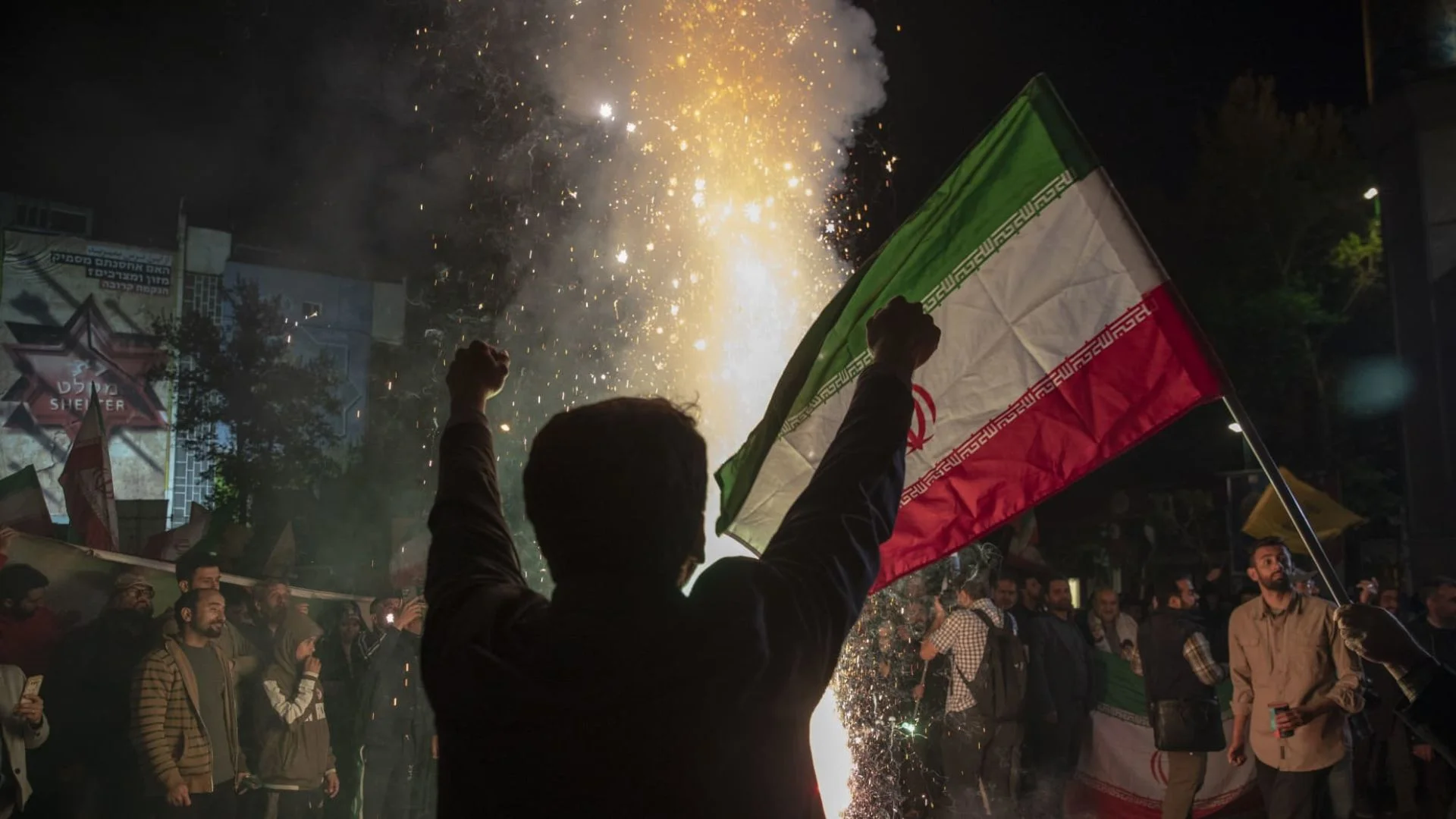
Amidst the news of the formation of a coalition government in Pakistan following a political crisis, an important question of women’s political participation and representation in Pakistan’s elections, both as candidates and voters, has been raised. Among a thousand candidates vying for a seat in the recent general elections resulting in a hung parliament, a few hundred women chose to challenge the system and gender stereotypes and fought the elections amidst allegations of pre-poll rigging, violence, ballot box snatching, vandalism, and gunfire. In the election that concluded, out of the 266 seats in the National Assembly, or the lower house of parliament, 70 seats were reserved for women and minorities.
However, due to restrictive social and cultural norms and religious dogmas, the absence of a vibrant movement upholding a democratic setup has resulted in women refraining from political participation, which has led to adverse consequences for their inclusion and participation in democracy, violating their freedom of choice and opportunities as well as in curbing violence against women.
This claim is substantiated by the fact that in the current election, women’s participation was poor as out of 17000 candidates contesting the elections, only 839 were women, which is an abysmal 4.7 per cent. This shows the reluctance and failure of the electoral system to engage women in the electoral process, a fact that stands to undermine the principle of universal franchise and free elections. The lack of involvement is attributed to the fact that the issues faced by women and men are different when it comes to participating in politics, as widespread criminalisation of politics, violence, and proxy participation of women affects women more, resulting in their inadequate representation in the electoral process in an election where the overall voter turnout was less than 50 per cent of the total electorate.
Historically, Fatima Jinnah, the mother of the nation, had contested the presidential election against General. Ayub Khan, in which she was defeated. Nonetheless, it was a sign of women’s strength and resilience that inspired leaders like Benazir Bhutto to become Pakistan’s first female Prime Minister. Further, the regime under former President Musharaff had taken steps to ensure women’s participation, such as reserving 33 per cent of seats for women in district councils. At the same time, the Election Commission of Pakistan has taken the positive step of fixing a minimum female voter turnout to legitimise the elections.
However, such positive influences have not increased women’s participation in the political process. In the recent elections also, the case of the first Hindu woman contesting elections in Pakistan is a silver lining. There are many instances where women have entered the political arena after their husbands are unable or unwilling to participate in the elections for several reasons. In any case, the efforts and perseverance of these women candidates and leaders should be applauded. However, Pakistan’s continuing gender gap in political participation is puzzling because it exists even in areas that are undergoing a structural transformation that has narrowed the gender gap in educational attainment. As a result, some of the needs of women that are being deprived include maternal, adolescent health, and nutrition services that affect their right to health that is fundamental to the well-being of a person, including physical and mental health as described under Article 12 of ICESCR of which Pakistan is a party to that used the phrase ‘highest attainable health’ consisting of both the individual’s biological and socio-economic determinants of health.
With mounting political divisions, a loss of trust in the government, and a country with a history of militancy, Pakistan needs a government that can regain public confidence, create jobs, and deliver basic services that ensure the human security of the citizens, including women.
A proposed solution would be a multi-sectoral approach involving various stakeholders, including state governments, women’s civil society organisations, and private sectors, to ensure the implementation of policies that can lead to more women being elected directly rather than reserved seats.
Abhinav Mehrotra, Assistant Professor & Amit Upadhyay, Associate Professor, Jindal Global Law School, O.P. Jindal Global University, Sonipat.















